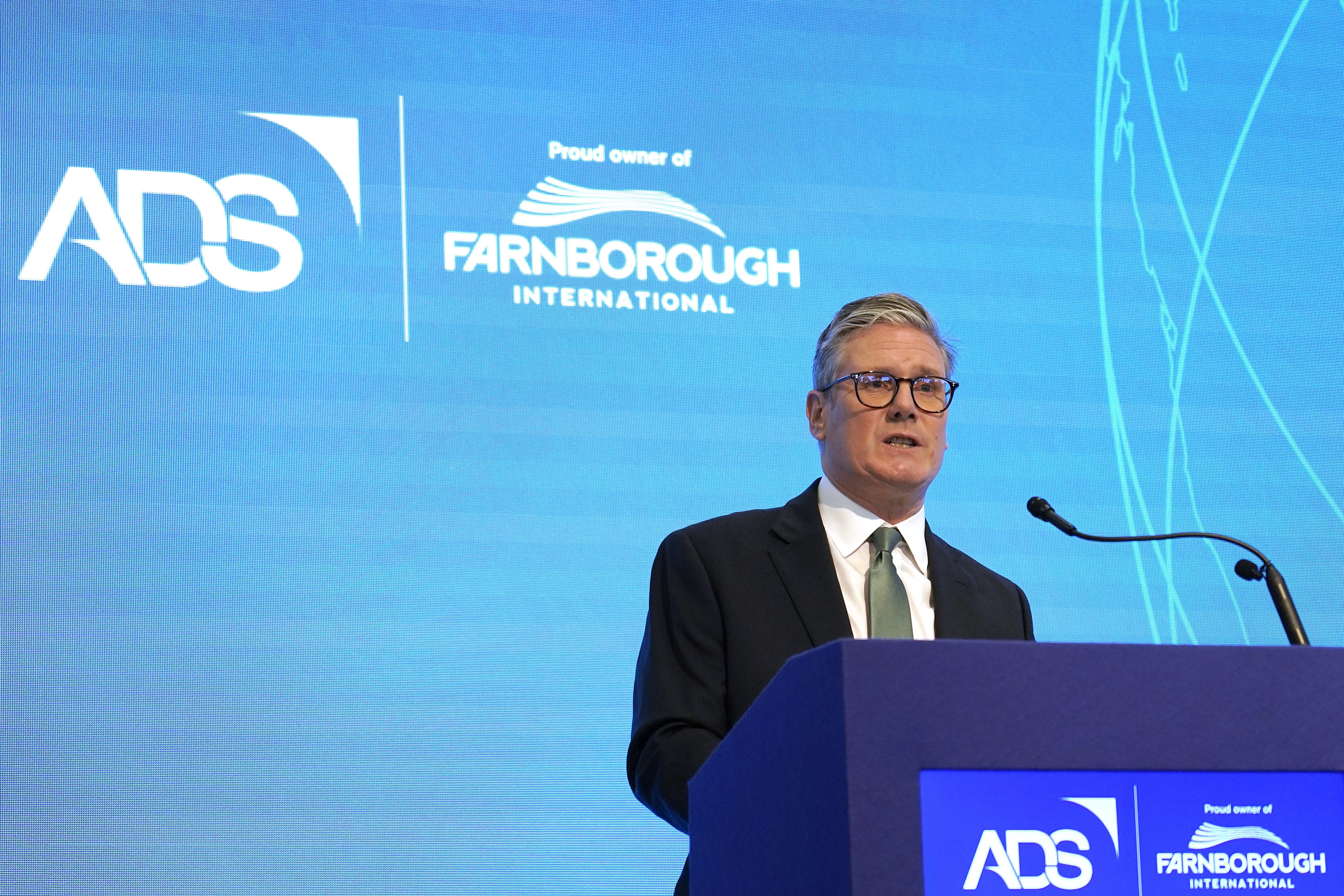Starmer promises ‘sensible’ approach as public sector pay headache looms
The Government faces trying to find billions of pounds to fund above-inflation pay deals.

Sir Keir Starmer said he would show respect to public sector workers as his government faces having to find money for above-inflation rises.
The Prime Minister said he would adopt a “sensible” approach after reports suggested teachers and NHS workers could be in line for a 5.5% pay boost.
That could cost about £3.5 billion more than had been budgeted for, rising to about £10 billion if other pay review bodies make similar recommendations.
Reports which first appeared in The Times suggested the independent pay review bodies have recommended the 5.5% rise for teachers in England and about 1.3 million NHS staff in England and Wales.
Sir Keir said Chancellor Rachel Reeves was doing a “full analysis” of the “financial constraints and challenges” facing the government.
But he acknowledged there would be a cost if failing to follow the recommendations of the pay review bodies, which have not yet been published, led to a fresh wave of industrial disputes in the public services.
Speaking at the Farnborough International Airshow, Sir Keir said “how much I respect the contribution that public sector workers make to our economy”.
“I think it’s very important to start with that basic respect,” he said.
“We will take a sensible approach. We will consider the recommendations and make an announcement in due course.
“The Chancellor is doing a full analysis of the financial constraints and challenges and will be making announcements in due course in relation to this.”
He added that the prospect of further strikes was an important consideration in responding to the review bodies’ recommendations.
“There’s a cost that’s measured in the pounds and pence lost to the economy through industrial action.
“There’s a cost to the other work that we need to do in relation to the public services that we need to deliver.
“And that has to be taken account of as we come to a final decision in relation to the pay issue, which we will do and obviously announce with full reasoning in due course.”
Education Secretary Bridget Phillipson accused her Tory predecessor Gillian Keegan of “a complete dereliction of duty” for failing to act on the pay review body’s recommendations for months.
She told Times Radio: “The last Conservative government and the previous education secretary received this report from the teachers’ review body, sat on it, called the election and disappeared off the scene.
“It was highly irresponsible, a complete dereliction of duty, but it falls to us to set this right.”
Ms Phillipson said the Chancellor will present the Government’s response to the recommendations at the end of the month.
Paul Johnson, director of the influential Institute for Fiscal Studies, said the pay rises could cost an extra £3.5 billion for schools and the NHS alone.
But he added: “Given long squeeze on public pay and current private earnings growth, recommendations like this shouldn’t be a surprise.”
Bookmark popover
Removed from bookmarks